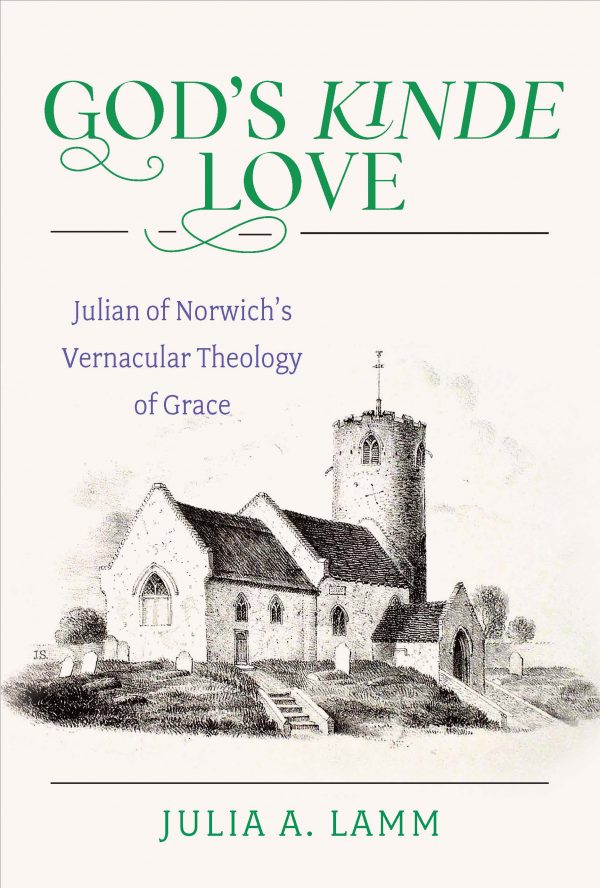Julia A. Lamm (Author)
Julia A. Lamm is a Professor of Theology at Georgetown University in Washington, D.C. She is an historical and systematic theologian with specializations in the doctrine of God, the doctrine of grace, and Christology; Christian mysticism and spirituality; the history of Christian thought; the relation between theology and philosophy; Julian of Norwich (1343-ca. 1416); and Friedrich Schleiermacher (1768-1834). She is a recipient of an Alexander von Humboldt Fellowship (Germany) and is founding Director of the James M. and Margaret H. Costan Lecture in Early Christianity at Georgetown.



